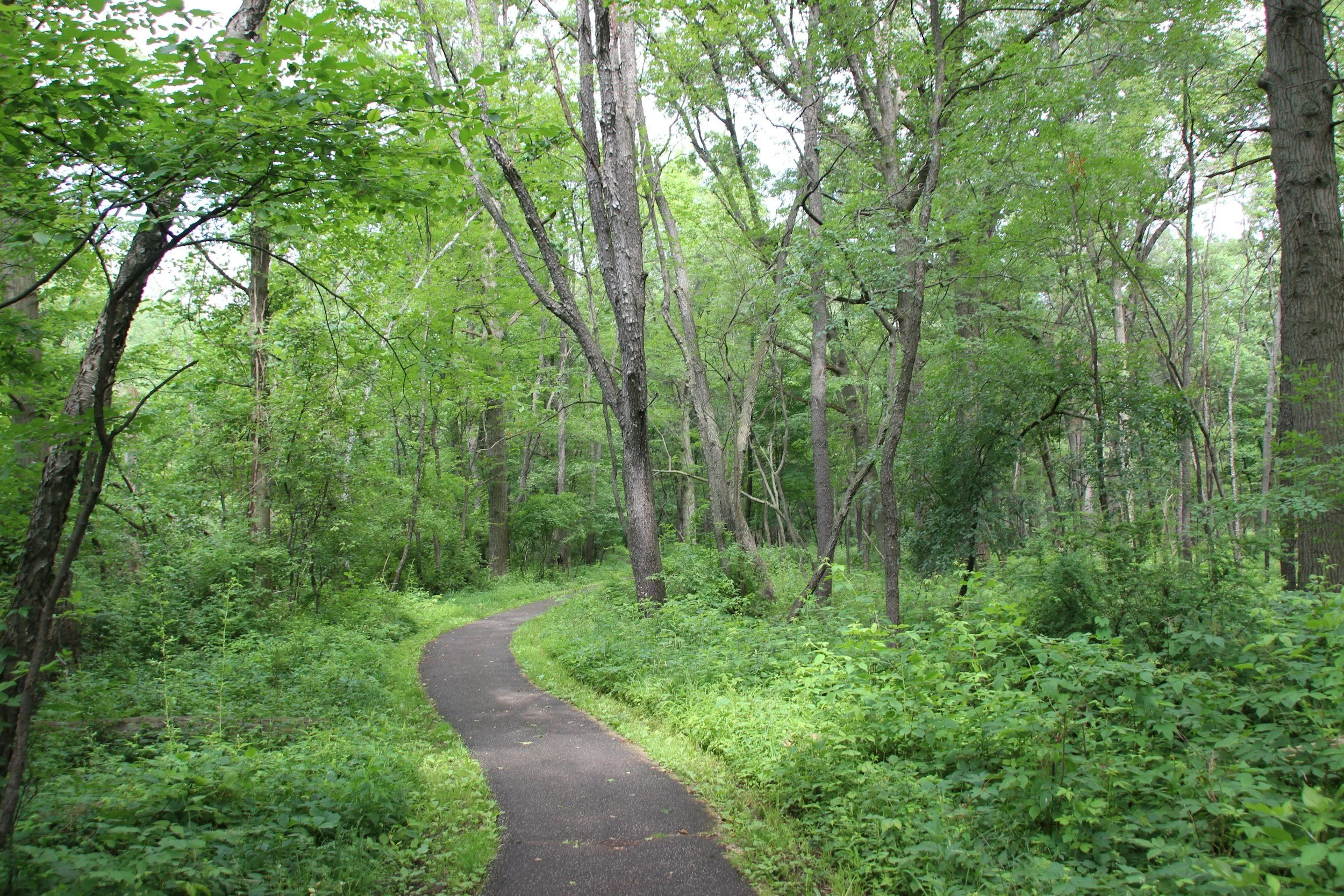Land Acknowledgment & Decolonizing Therapy
As a psychotherapist, I understand that healing does not happen in a vacuum. Trauma, mental health, and well-being are deeply intertwined with systems of power, history, and place. Colonialism has not only dispossessed Indigenous peoples of land but also disrupted generational knowledge, cultural safety, and holistic healing practices. These realities continue to impact mental health today.
In my practice, I strive to:
Uphold a trauma-informed and culturally responsive approach that acknowledges intergenerational trauma and systemic oppression.
Challenge dominant therapeutic norms that may center whiteness, pathologize Indigenous worldviews, or ignore the collective and relational aspects of healing.
Support clients in exploring their own positionality, identity, and connection to land, history, and community.
Amplify Indigenous voices and knowledge by learning from Indigenous scholars, healers, and therapists, and integrating these teachings ethically and respectfully into my continuing education.
I believe decolonization is both a personal and professional responsibility. For me, this includes questioning the foundations of Western psychology, recognizing where therapeutic tools may reinforce colonial thinking, and staying accountable to ongoing learning.
Moving from Acknowledgment to Action
My commitment to reconciliation and decolonization is evolving and imperfect. It includes:
Continuing to learn about the treaties, histories, and contemporary realities of Indigenous communities in Ontario and across Turtle Island
Engaging in reflective supervision and consultation that includes anti-oppressive and anti-racist frameworks
Supporting Indigenous-led organizations and initiatives both locally and nationally
Creating therapeutic spaces where Indigenous and racialized clients feel seen, respected, and empowered


